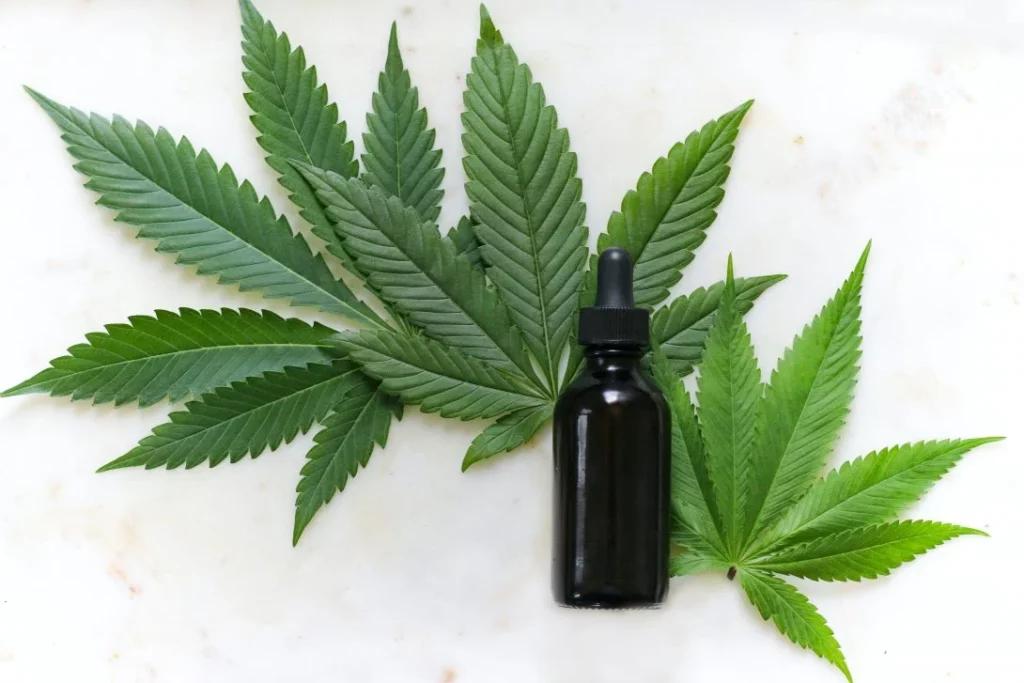Introduction
Conversations about cannabis are no longer limited to recreational use or legalization. More people are turning to the plant for its potential health benefits, particularly in the realm of mental wellness. Anxiety and depression are two of the most common mental health struggles worldwide, and as traditional treatments don’t always work for everyone, many are asking: Can cannabis really help?
The answer isn’t simple. While research shows promise, the relationship between cannabis and mental health is complex, depending on factors like dosage, strain, and individual biology. Let’s break down what science says and what you need to know.
Understanding Anxiety and Depression

Before diving into cannabis, it helps to understand the conditions themselves.
- Anxiety disorders often involve excessive worry, restlessness, and physical symptoms like a racing heart or shortness of breath.
- Depression is typically marked by persistent sadness, low energy, lack of motivation, and changes in sleep or appetite.
Both conditions affect millions globally and can severely impact quality of life. Treatments often include therapy, lifestyle changes, and medications such as antidepressants or anti-anxiety drugs. However, side effects or limited effectiveness push many people to seek alternatives — and cannabis has entered that conversation.
How Cannabis Interacts with the Brain
Cannabis contains over 100 cannabinoids, with THC (tetrahydrocannabinol) and CBD (cannabidiol) being the most studied. These compounds interact with the body’s endocannabinoid system (ECS), which helps regulate mood, stress responses, and emotional balance.
- THC: Produces the “high” associated with cannabis. In small doses, it may promote relaxation and euphoria. However, in higher doses, it can sometimes trigger anxiety or paranoia.
- CBD: Non-intoxicating and often associated with calming effects. Research suggests it may reduce anxiety and support mood stability without the psychoactive side effects of THC.
This dual nature of cannabis — soothing for some, overwhelming for others — is what makes it both intriguing and complicated in the context of mental health.
What Science Says About Cannabis and Anxiety
Research on cannabis and anxiety shows mixed results:
- CBD appears promising: Several studies have found that CBD may reduce symptoms of social anxiety, improve relaxation, and help with sleep quality — all important factors for mental well-being.
- THC is dose-dependent: While small amounts may ease anxiety, higher levels of THC can heighten it, especially in people who are sensitive or new to cannabis.
- Personal response varies: Some individuals find cannabis deeply calming, while others experience increased nervousness or paranoia.
This suggests that cannabis may help with anxiety, but careful attention to strain, dosage, and individual tolerance is crucial.
What Science Says About Cannabis and Depression
When it comes to depression, research is still developing:
- Mood regulation: The ECS plays a role in mood control, and cannabinoids may support balance in this system. Some studies suggest cannabis users report short-term mood improvements.
- CBD’s potential: Preclinical studies on animals have shown that CBD may have antidepressant-like effects, possibly by influencing serotonin receptors.
- Caution with THC: While THC may temporarily lift mood, long-term heavy use has been linked in some studies to worsened depressive symptoms, especially in young users.
This means cannabis might provide short-term relief but shouldn’t be considered a standalone cure for depression.
Benefits vs. Risks
Potential Benefits:
- Relief from stress and racing thoughts
- Improved relaxation and sleep quality
- Possible mood stabilization when used in moderation
- Non-addictive alternative compared to some pharmaceuticals
Potential Risks:
- Worsened anxiety or paranoia with high-THC strains
- Dependence with frequent, heavy use
- Reduced motivation and concentration in some individuals
- Potential interactions with prescribed medications
Like most tools for mental health, cannabis has both advantages and drawbacks. Success often depends on mindful use and professional guidance.
How to Use Cannabis Responsibly for Mental Health
If you’re considering cannabis for anxiety or depression, here are a few tips to keep in mind:
- Start low and go slow: Begin with small doses, especially if you’re trying THC.
- Consider CBD-dominant products: These are less likely to cause paranoia or overstimulation.
- Choose the right timing: Use cannabis in settings where you feel safe and relaxed.
- Use it as a complement, not a cure: Combine cannabis with therapy, mindfulness practices, and healthy lifestyle choices.
- Consult a healthcare professional: Especially if you’re already taking medication for mental health.
Also Read: Is Organic Cannabis Better? Understanding Cultivation Practices
Final Thoughts
So, can cannabis help with anxiety and depression? The science suggests that it can — but with important caveats. CBD, in particular, shows strong potential as a calming, non-intoxicating option, while THC may help some people in small doses but worsen symptoms in others.
The bottom line is that cannabis is not a miracle fix, but for many, it could be a supportive tool alongside other treatments. As research continues, we’ll gain a clearer picture of how best to harness its benefits for mental health. Until then, mindful use, self-awareness, and professional guidance are the best paths forward.
